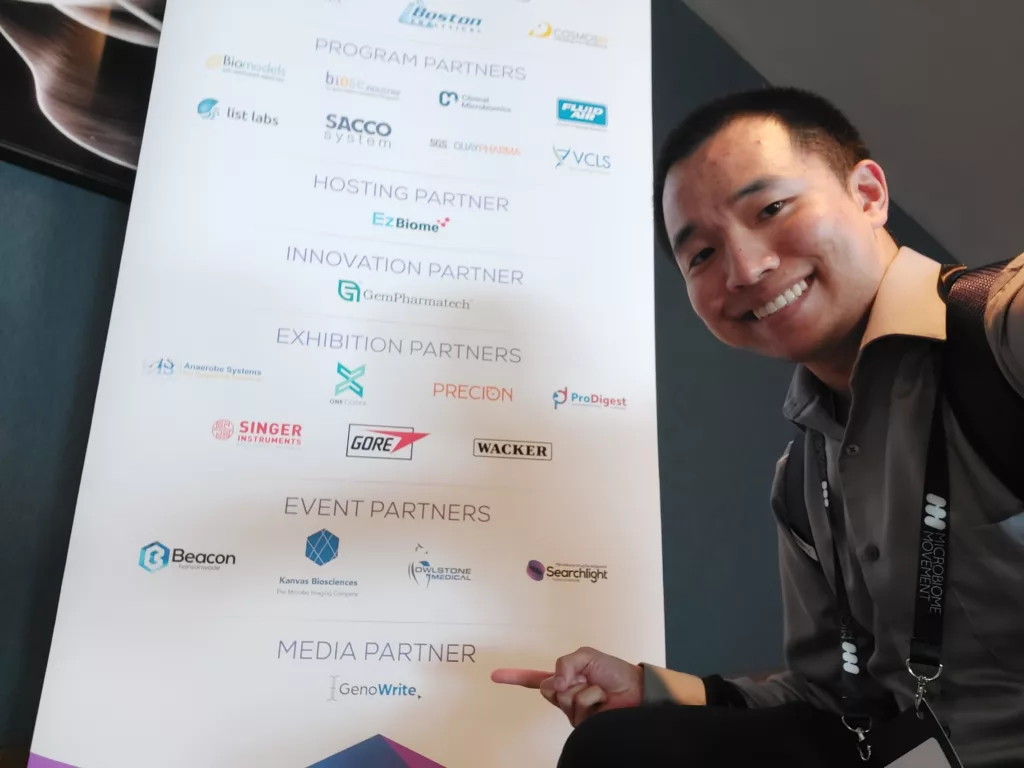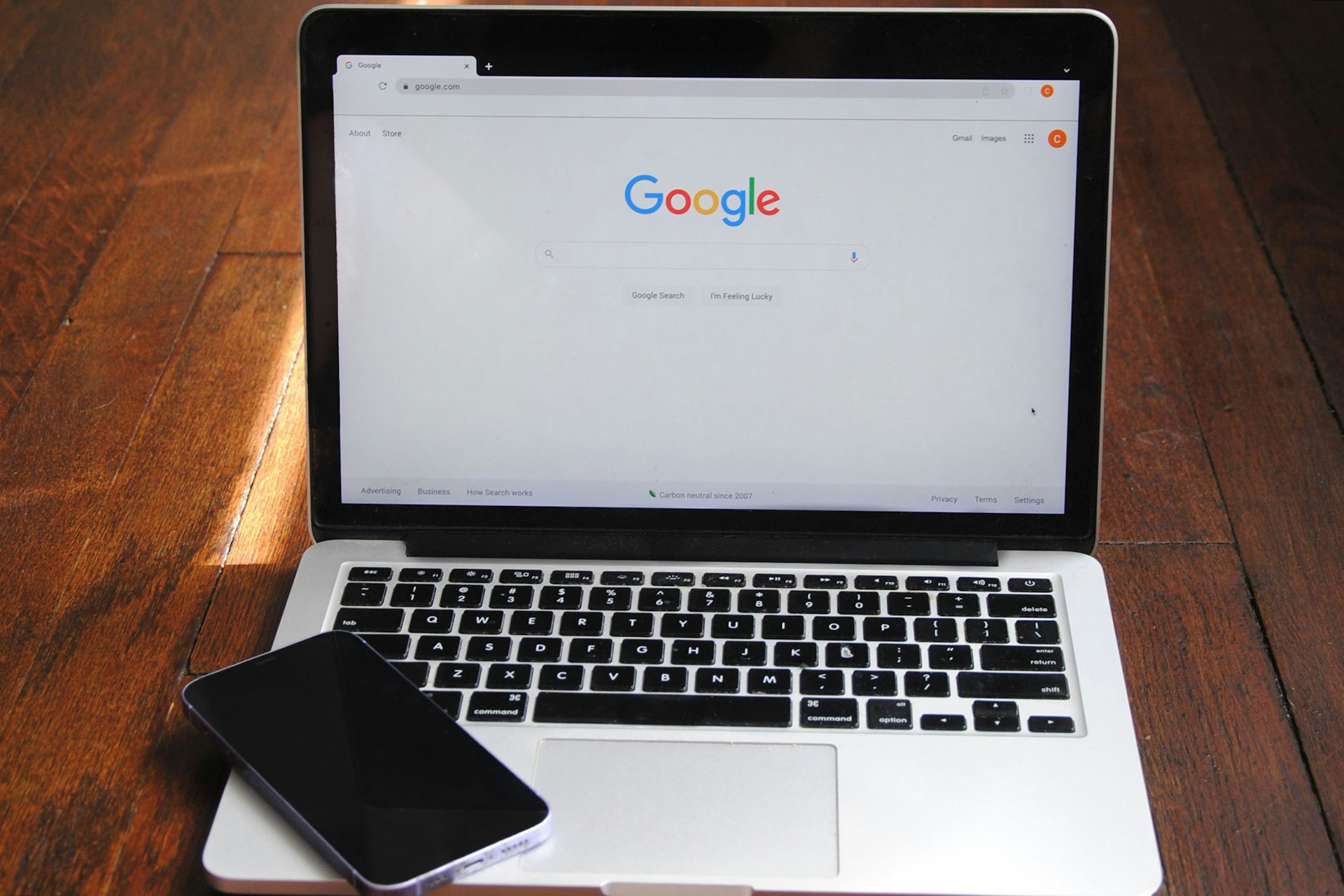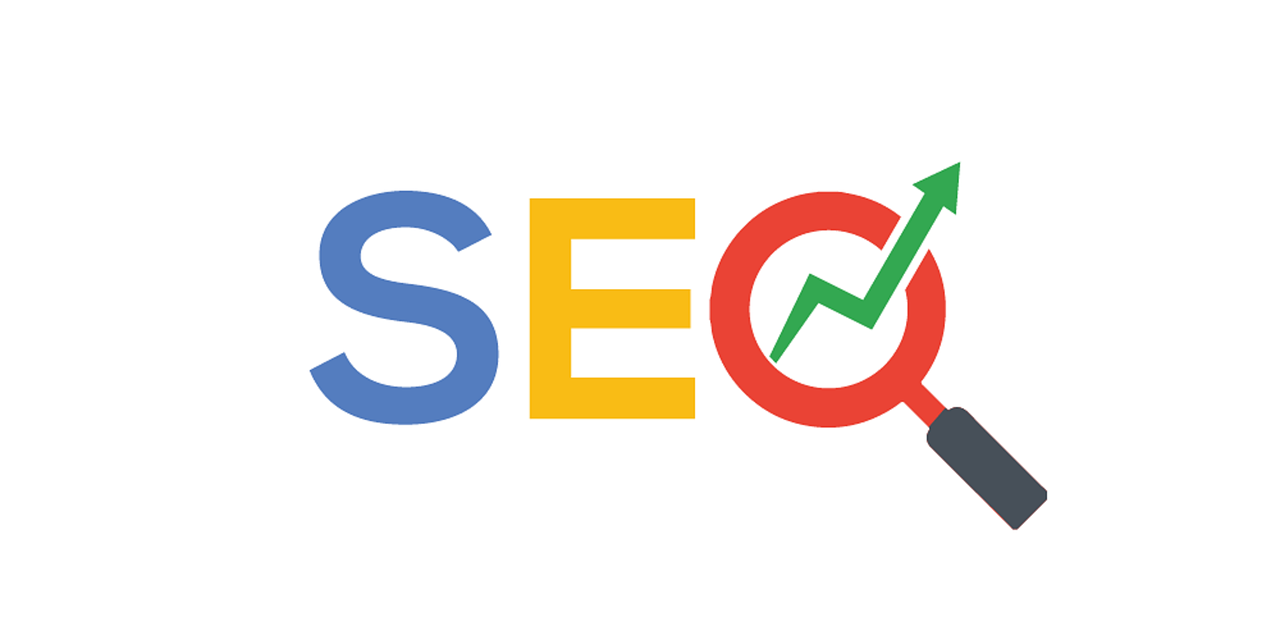
The world of science conferences
Conferences. For most people working in academia, you think of professors giving talks about their research. For anyone in sales and marketing, you might think of exhibits where a company’s products are shown off for everyone to see. Regardless of who you are, you may also remember all the amazing freebies you received, from pens to tote bags.
But for anyone working in science or medical writing, conferences are a boon for career progression. You can meet all kinds of people with various specialties, get the latest insights from thought leaders, and build relationships with prospective clients. With so many chances available, conferences give writers a chance to spread their wings and let the world know that they exist.
But how can you get the most out of attending a conference? That’s what this article is for! We’ll first delve into the what and why of attending a conference. Then we’ll discuss how you can best prepare for an upcoming conference. Finally, we’ll end by talking about what to do while you’re at the conference. With these pointers, we hope you’ll find yourselves more and more eager to attend a conference and spread the word about the great work you do!
What is a conference?
In the most technical sense, a conference occurs when a group of people meet at an arranged place. Once there, the attendees will take part in activities based on a common interest. Because a conference can cover any reasonable topic, it can come in many forms. How a conference is formatted, in turn, depends on a series of questions that conference organizers answer to meet the needs of their intended audience:
- What’s the scope of the conference? A conference’s scope refers to the types of subjects that it will cover. These topics can be as specific as an opportunistic pathogen like P. aeruginosa or as broad as microbiology itself. The subjects don’t even have to be topics either. Trade shows, a subtype of a conference, focus on showcasing different products such as airline equipment and sequencers.
- Where will the conference take place? A conference’s location impacts all aspects of its logistics. Answers to this question must feature not only on the host city but also on the venue and the spaces within the venue. How organizers answer this question will affect how the talks will occur, how much room is available for exhibitors, and how attendees network with one another.
- Who will speak at the conference? This question is especially applicable to science conferences. Hundreds of labs and companies will be eager to showcase their offerings to their fellow attendees. Who gets the platform to speak also determines the conference’s themes and the key takeaways an attendee will have.
These are just some of the questions that conference organizers answer when they put a conference together. By identifying the conference’s key themes and logistics, they are helping attendees make the conference experience a memorable and enriching one.
Why should you attend a conference?
During my academic career, I attended my first conference: ASM Microbe 2016. I was sharing my MSc research, where I tracked groundwater fecal contamination in an Ontario rural community. You can see the manuscript that resulted from that work here. I initially believed that attending a conference was only useful for sharing my research and connecting with fellow scientists. But since running GenoWrite, I have had those beliefs shattered. Along the way, I learned of many other reasons for attending a conference:
- Networking with people of interest: Conferences allow you to meet people of all backgrounds, especially those within your field. At a conference, you can share your ideas with them, help meet each other’s immediate and long-term needs, and establish meaningful working relationships. If you’re selling a service, you can also promote your offerings to fellow attendees as potential clients. On a personal note, I had many client leads spring up because I attended a conference. There, I could project who I was and how I at GenoWrite could help potential clients with their content writing needs.
- Broadening your horizons: Beyond the inner circle where you do your work is a large world filled with people honing their skills and making life-changing discoveries. Attending a conference opens your eyes to gaining knowledge that you might not have encountered before. At the Microbiome Movement Summit in Boston, I learned a lot more about the processes underlying live biotherapeutic (LBP) development. Just check out this interview on lyophilization if you don’t believe me! Admittedly, it wasn’t easy to understand the nuances of LBP development. That was until someone explained it to me through speeches and talks.
- Having fun and enjoying yourself: It’s true that conferences are very much a work-related matter. But at the same time, you’re also meant to have fun! Conferences provide a great temporary escape from your work and allow you to open your eyes to the broader world. In between conference events, you can also slip in some time to explore the city hosting the conference. Take plenty of pictures while you’re at it. They’ll become long-lasting memories.
How to prepare for a conference
- Read through the conference agenda: The conference agenda is a document that lists all the talks and sessions taking place during a conference. All talks and events are typically divided into tracks that highlight a specific aspect of the conference’s theme. Now, finding the conference agenda shouldn’t be too much of a challenge. It typically comes as a PDF file that you can download when you give your contact information. When you get the document, read through it carefully. Then, decide which talks and sessions you want to attend and learn from.
- Seek out the exhibitors: Exhibitors paid quite a bit to have their stands set up. They’re there to showcase their products, build relationships with potential customers, and make the sale. For you the attendee, exhibitors are also great connection opportunities. Just be sure to show genuine interest in their products. A great place to start is to find exhibitors who are developing technologies in a field you’re deeply invested in. You can often find them through the conference’s agenda, but you can also find them on the conference’s websites under a list of exhibitors.
- Get in touch with the conference speakers: The speakers at the conference didn’t show up just to have fun. They’re also there to share their work with the world. Most speakers would be happy to share their insights for your website, provided they’re not too busy. Be sure to keep the questions succinct though. More importantly, get in touch with the speakers before the conference. Then they’ll know to seek you out if you’re interested in learning more from them.
- Get your business cards ready: People can be prone to forget the people they met. Being busy with tasks and logistics can make anyone feel overwhelmed with all the new connections they made. Other conference attendees will therefore need some way to remember you. That’s where business cards come in. They provide your contacts with the lasting impression they’ll have of you when they see your card. In it, include your name, email, phone number, and your current position. You should also make sure your business card looks clean and easy to read.
- Spruce up your LinkedIn profile: Your LinkedIn profile is the first thing people will see when they find you on social media. Making a strong profile will help keep your fellow attendees interested in you after the conference is over. I can’t tell you how many new clients I got just by keeping my LinkedIn updated and tidy. There are many great resources I can recommend on LinkedIn if you need help improving your LinkedIn profile. In fact, here’s one I used to build my LinkedIn profile.
Things to do while attending a conference
Once you’re ready to go for the conference, you’re now looking forward to the conference itself. You’re seeking to look at your best, learn from the most innovative in the business, and make new friends along the way.
- Be in proper dress code: Most of the time, conference goers will opt for a business casual look. Follow suit so you fit in with the crowd. If there are other specific dress codes that the organizers place, be sure to follow them. You want to look your best and be following the rules.
- Post on social media! Your time at the conference should be an exciting and memorable experience. The best to cherish those memories is to take pictures. Plus, you can provide free press on LinkedIn and other social media platforms if you tag the speakers and exhibitors you took pictures of. Just be careful not to take pictures when you’re not allowed to. That’s especially during talks where the speakers may request that no pictures be taken for confidentiality purposes.
- Seek out your targets: If you came to the conference with specific people to speak with, make sure to meet them during the conference! Use the conference breaks or lunch periods to find them and speak with them when they’re not occupied. If someone you’re interested in speaking with is busy, find another person on your list to talk to.
After all that advice I’ve given, there’s just one last thing I have to say. And it’s the most important thing of all:
Have fun.
You’ve got a great chance to be at the forefront of the latest technological advances in a specific field. Relish it. Learn from it. And enjoy every moment of it.
Want to give yourself a marketing advantage at a conference?
Get in touch to see how our content writing can help you broadcast your specialties for your potential customers.
Author
-

Paul Naphtali is a seasoned online marketing consultant. He brings to the table three years of online marketing and copywriting experience within the life sciences industry. His MSc and PhD experience also provides him with the acumen to understand complex literature and translate it to any audience. This way, he can fulfill his passion for sharing the beauty of biomedical research and inspiring action from his readers.
View all posts



